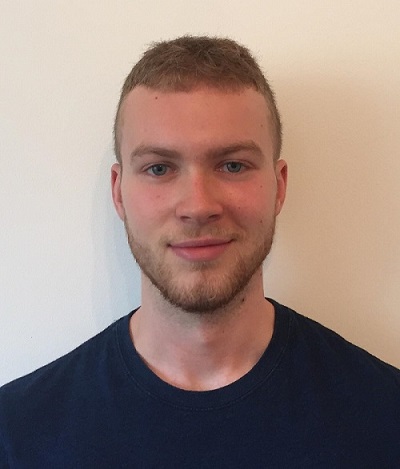Louis Dwyer-Hemmings, Academic Foundation Programme trainee, speaks about his research during his General Practice-themed AFP.
 Louis Dwyer-Hemmings
Louis Dwyer-Hemmings
What attracted you to the academic foundation programme?
I got my first taste of research during my intercalated degree, where I discovered the satisfaction of exploring a topic in detail, and contributing to increasing our understanding in the broader academic community. Subsequently, during my clinical years of medical school, I sought out opportunities to collaborate on research projects and gain a deeper understanding of the various methodologies available. I had not heard of the academic foundation programme until my penultimate undergraduate year, and I was initially put off by the high competition and challenging interview. However, I was drawn by the opportunity of dedicated research time to further develop and expand my academic skills – and I’m so glad I chose to apply!
How is the Academic Foundation Programme helping you to achieve your academic goals?
The Academic Foundation Programme offers so much more than just dedicated research time. This is a great benefit for those interested in research, as it allows focus and time to develop academic skills. Perhaps more importantly, however, is the opportunity to network with other researchers to identify collaborators and mentors. The supervisors I have met through the academic foundation programme have opened doors to a variety of research and education projects. My goal is to continue a career combining research with clinical medicine, and the relationships I have built during the programme will enable continued collaboration long after the programme ends.
What kind of research project have you been involved in?
Despite my research time being cut short by the COVID-19 pandemic, I have worked on a range of academic projects. My research has focussed on radiology and the interventional sciences, and I have published in these areas using methodology including case series, correspondence, and systematic review and meta-analysis. I have also worked on medical education projects, including undergraduate medical ethics training, and a research handbook designed to introduce students to research and academic careers.
What advice would you give to aspiring medical students regarding clinical academic training?
My main advice would be to take the leap and go for it! The academic foundation programme is a great opportunity to develop skills, form networks, and expand your research horizon. Research also allows you to think in a different way to clinical medicine. Whereas clinical medicine is more fast paced with rapid satisfaction, academic work moves more slowly but has the potential for more widespread impact. Experience and skill in one area directly improves the quality of your work in the other. If you are not sure you want to do research long-term, the clinical academic training pathway is flexible enough that you can drop in or out as you prefer – and the academic foundation programme is a great place to get your first exposure.